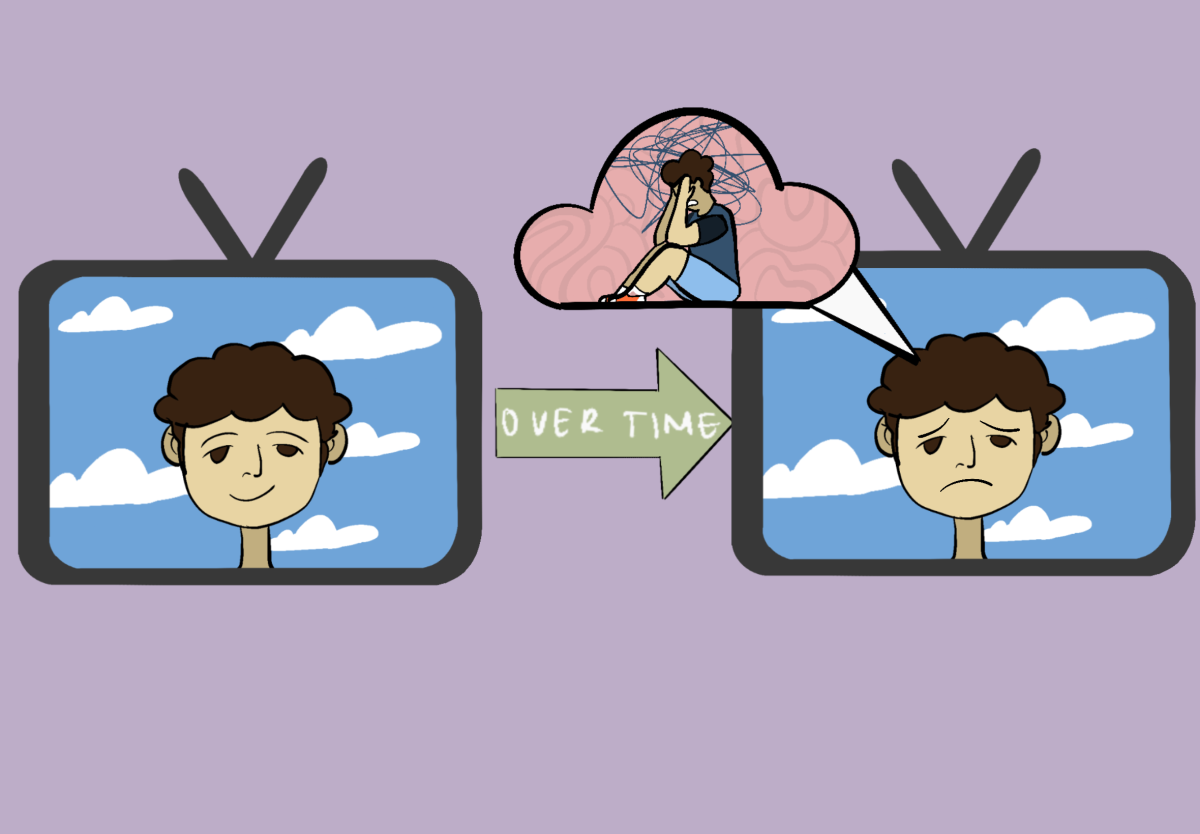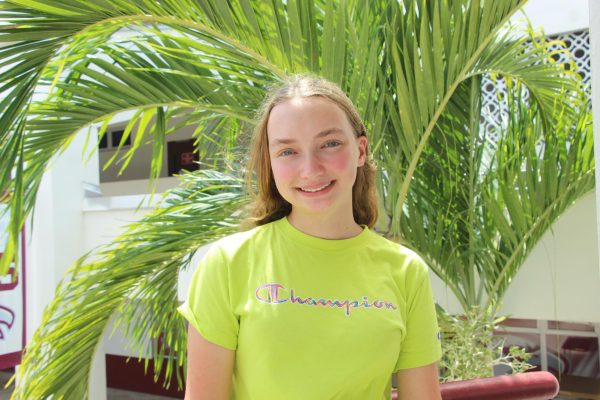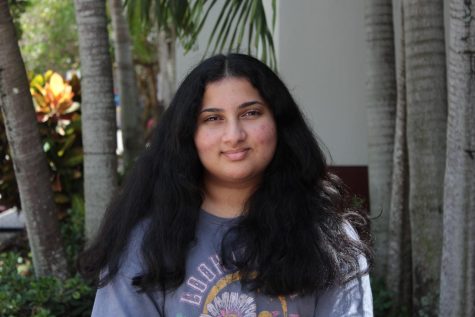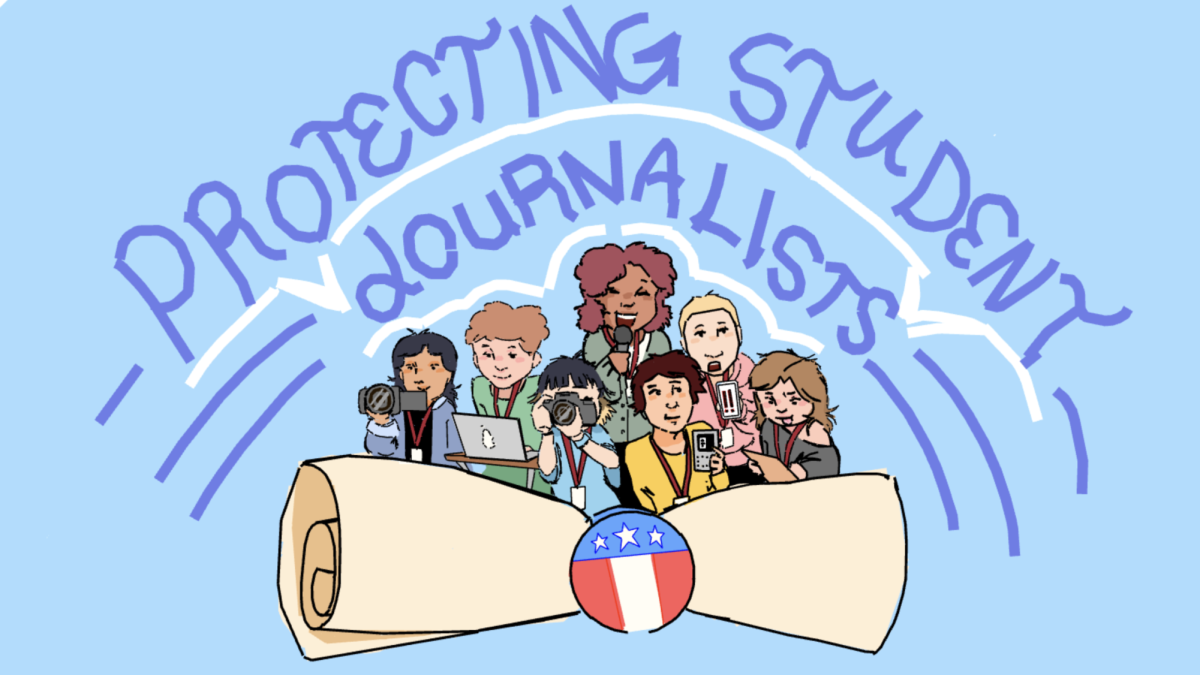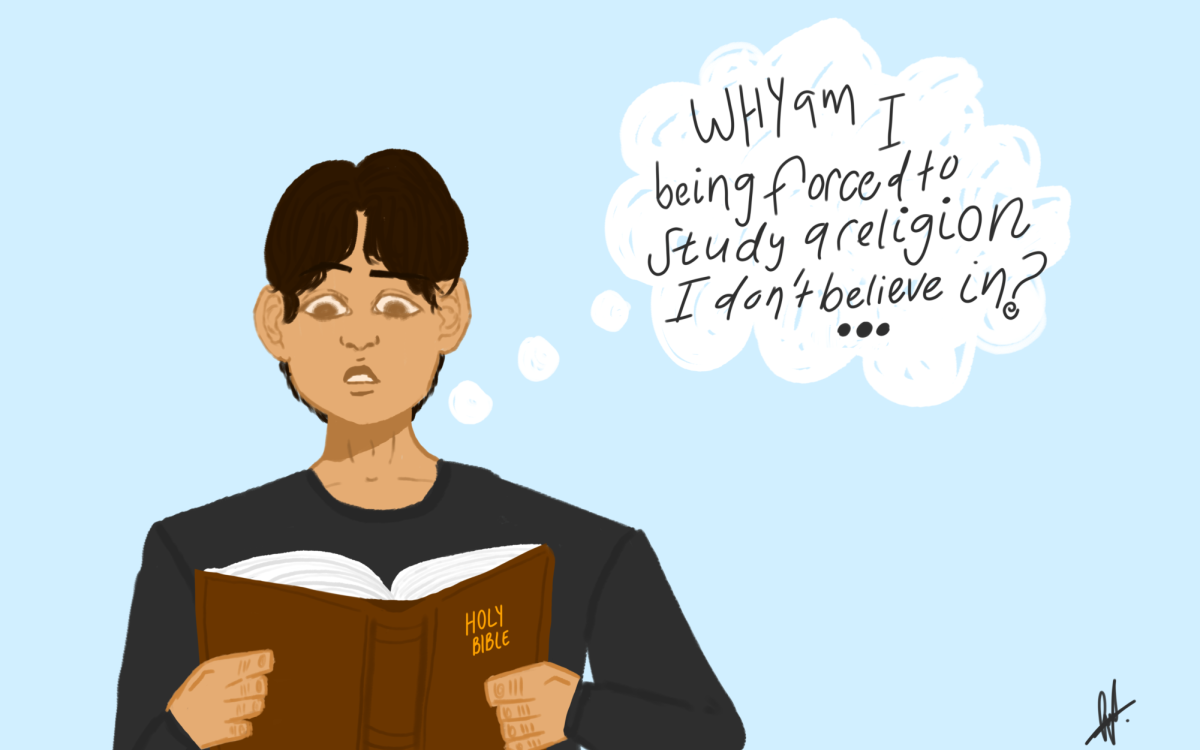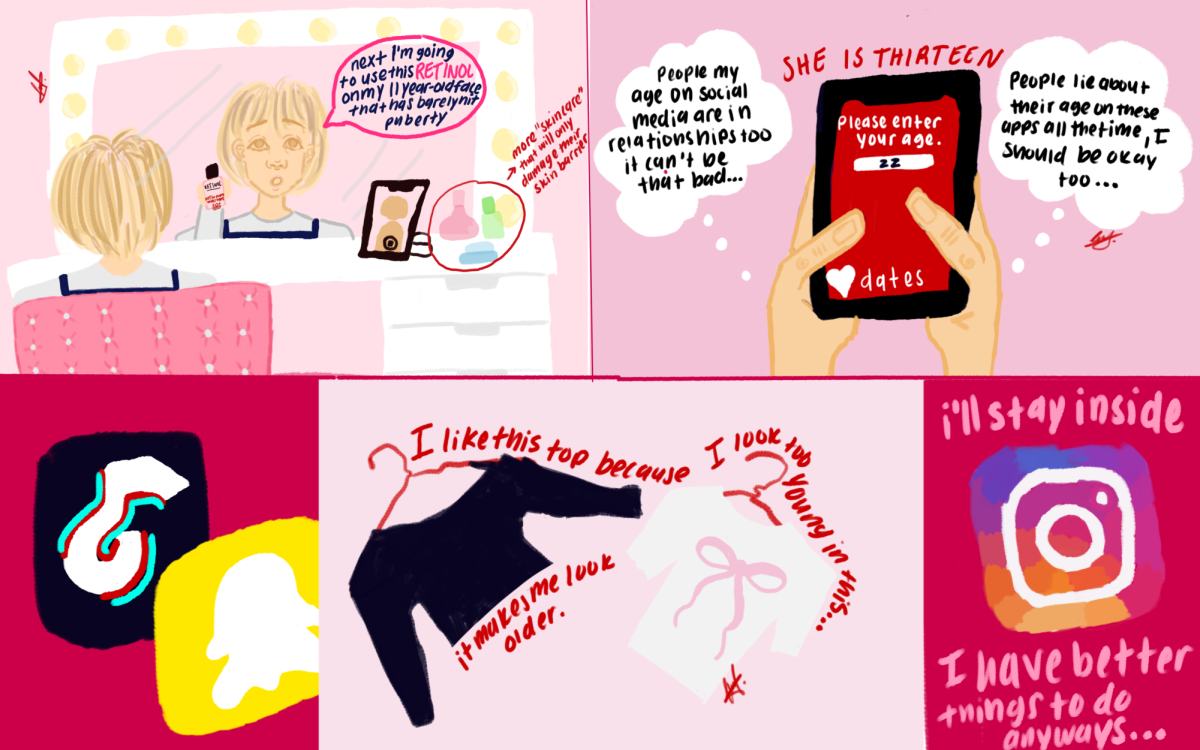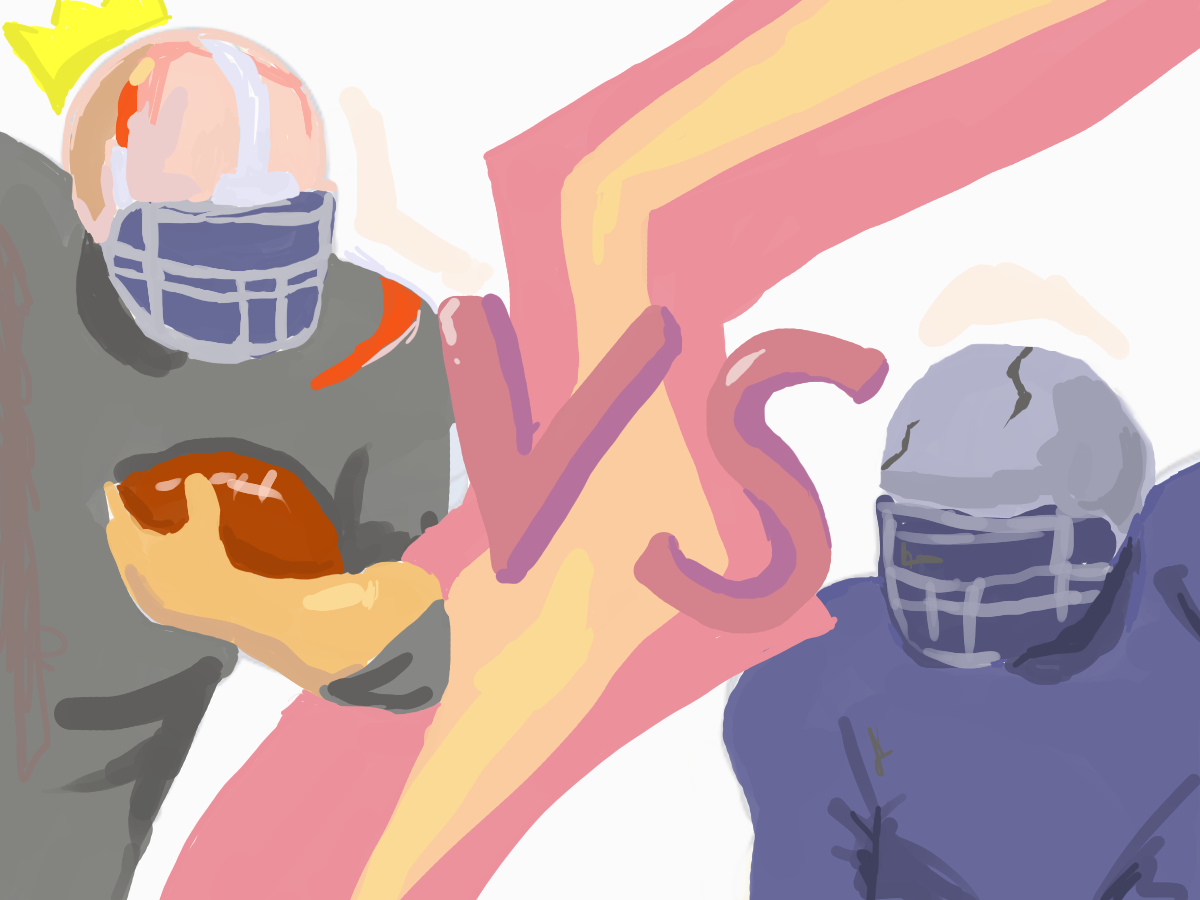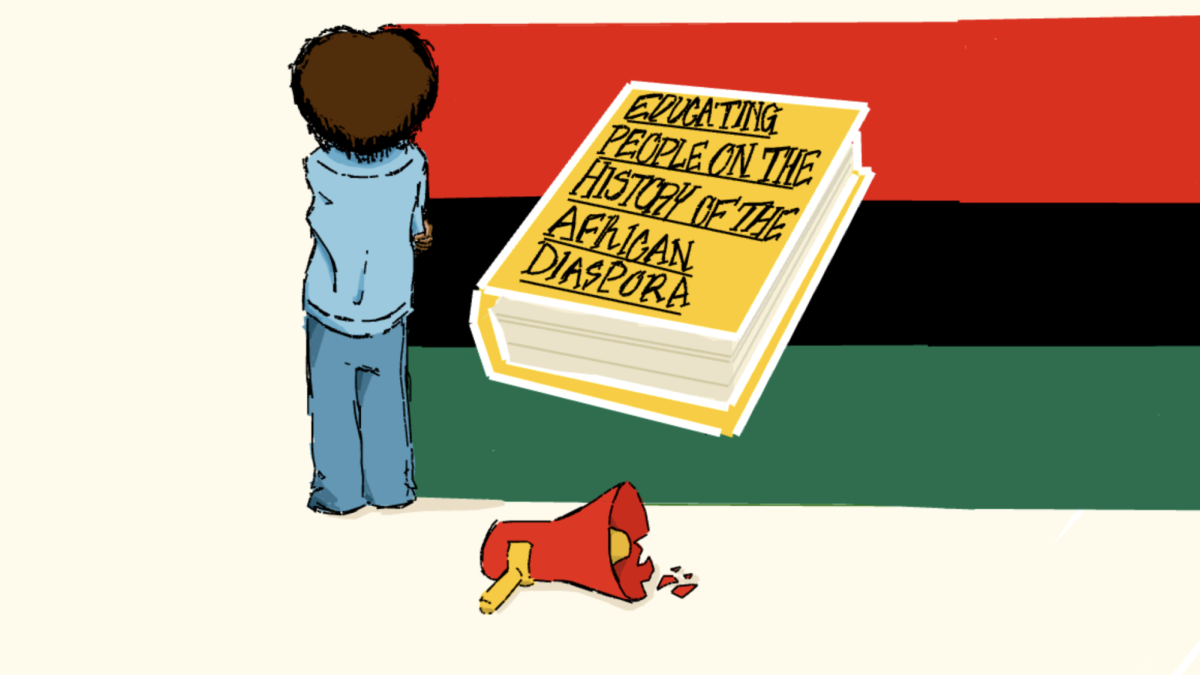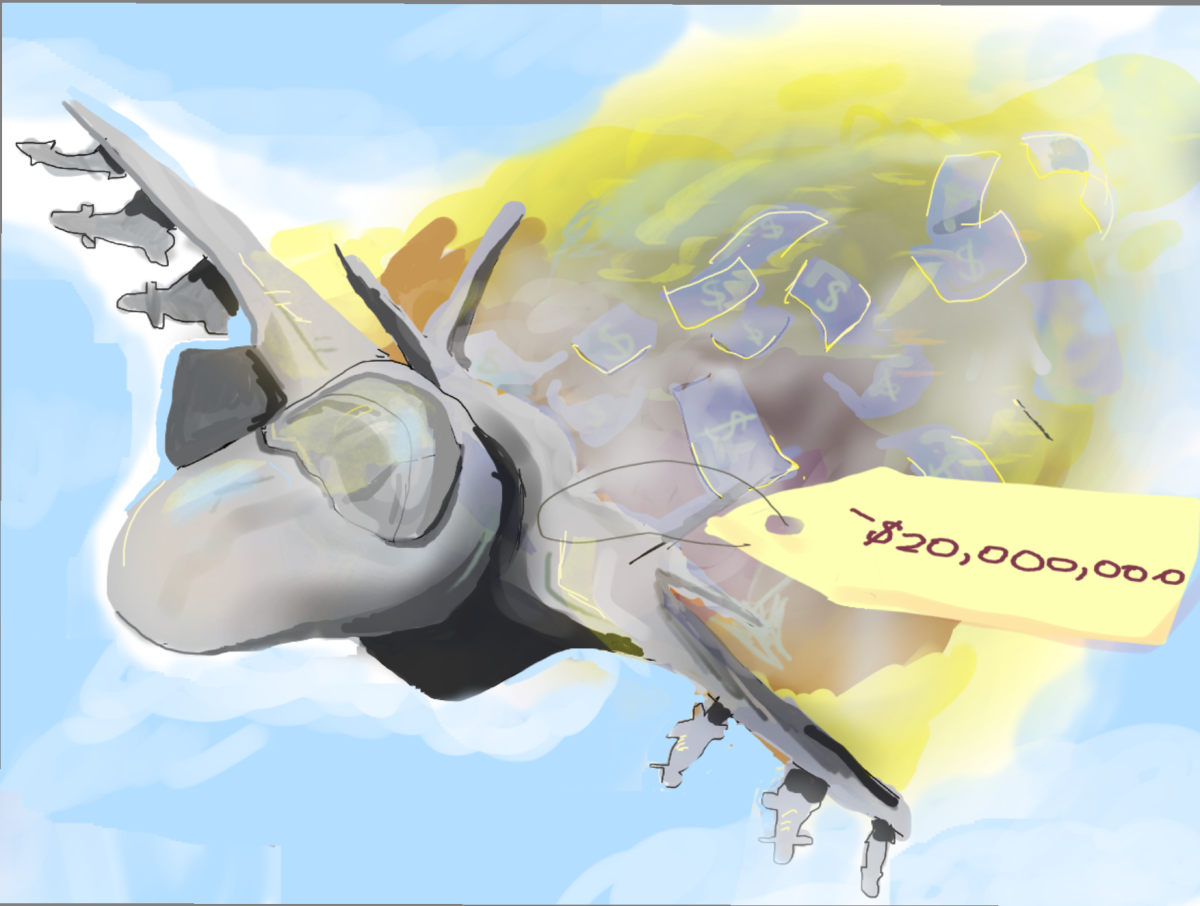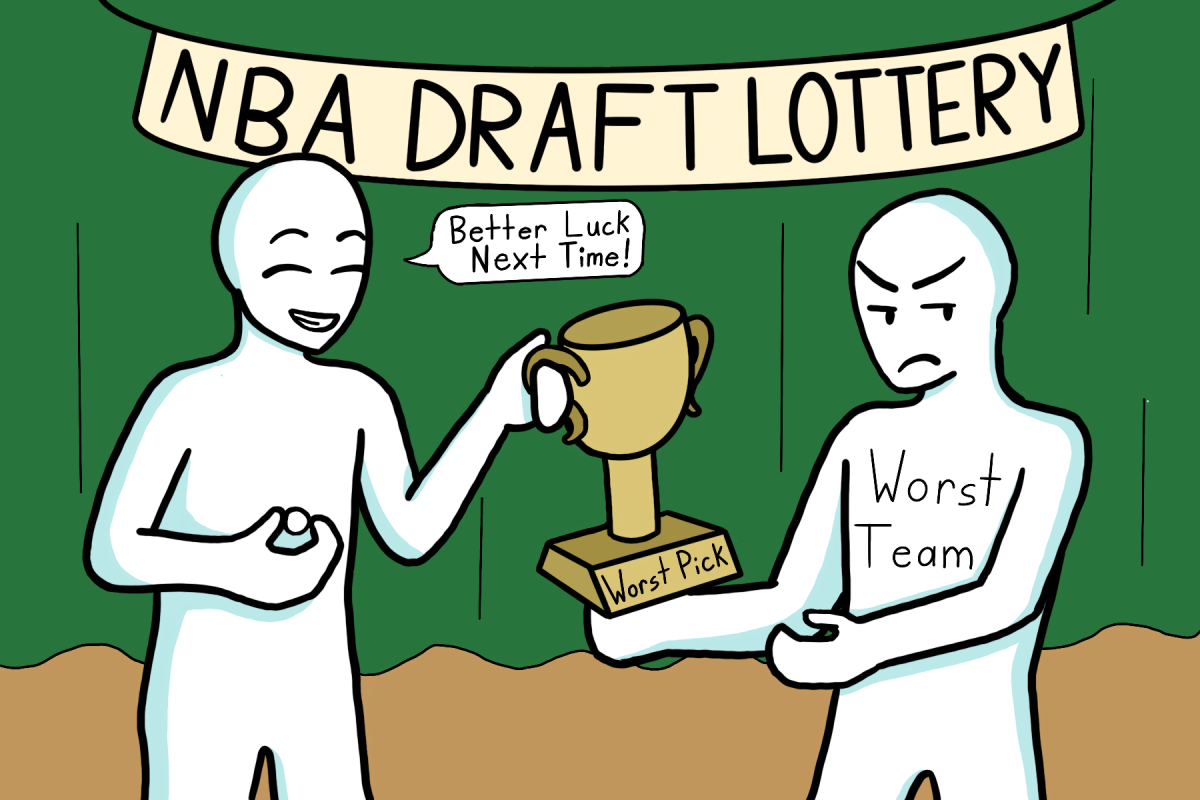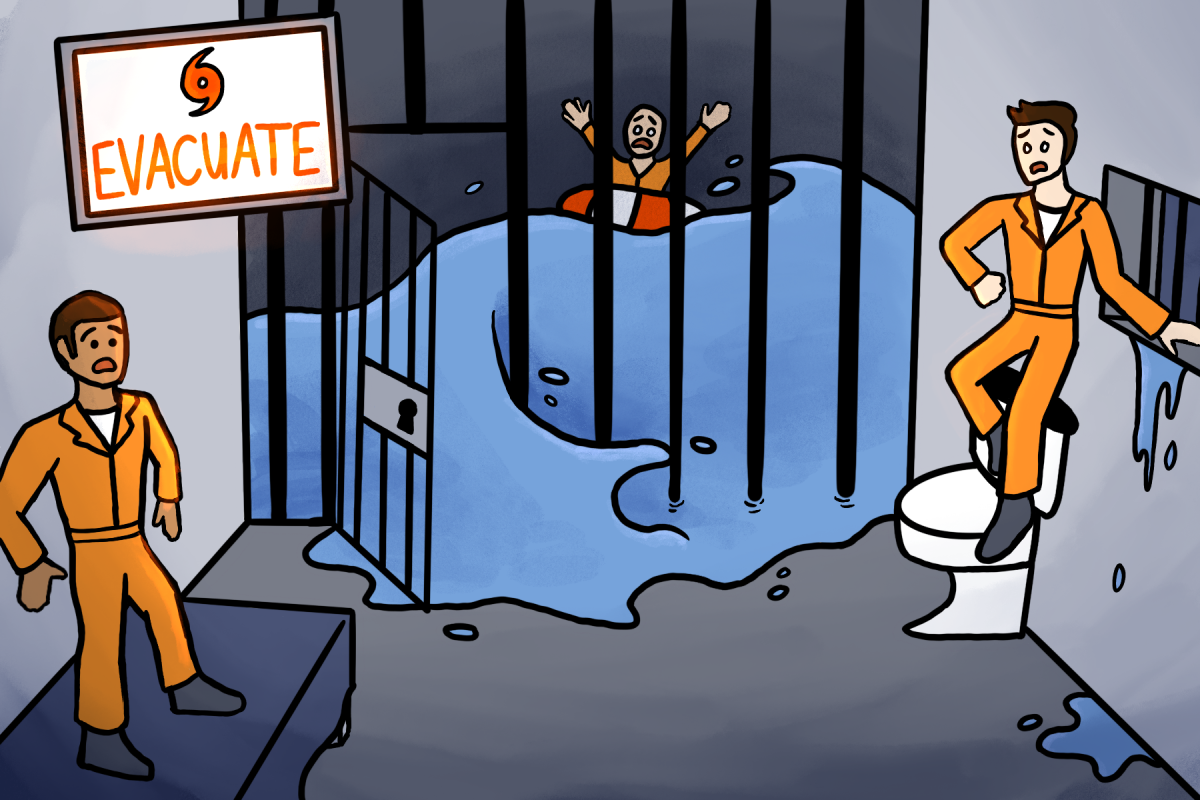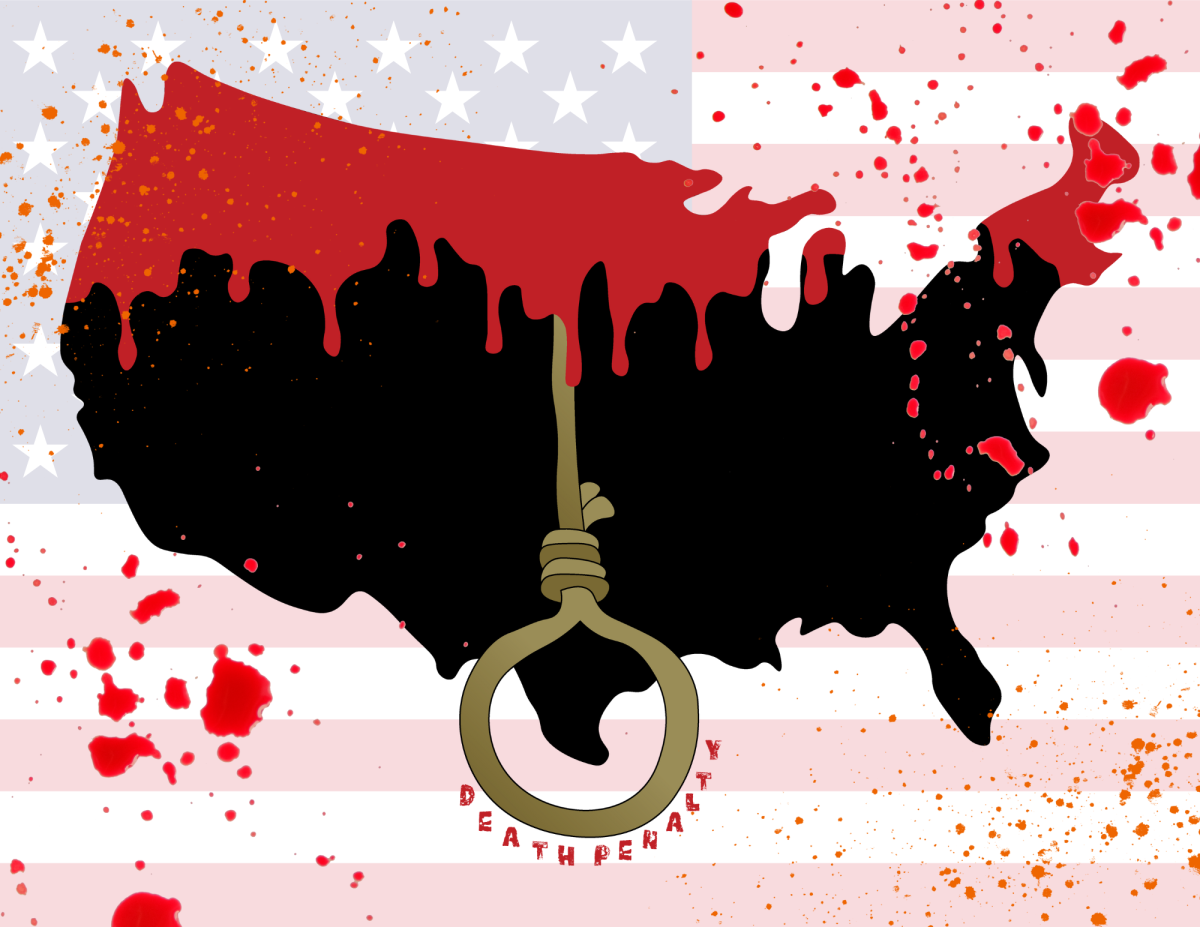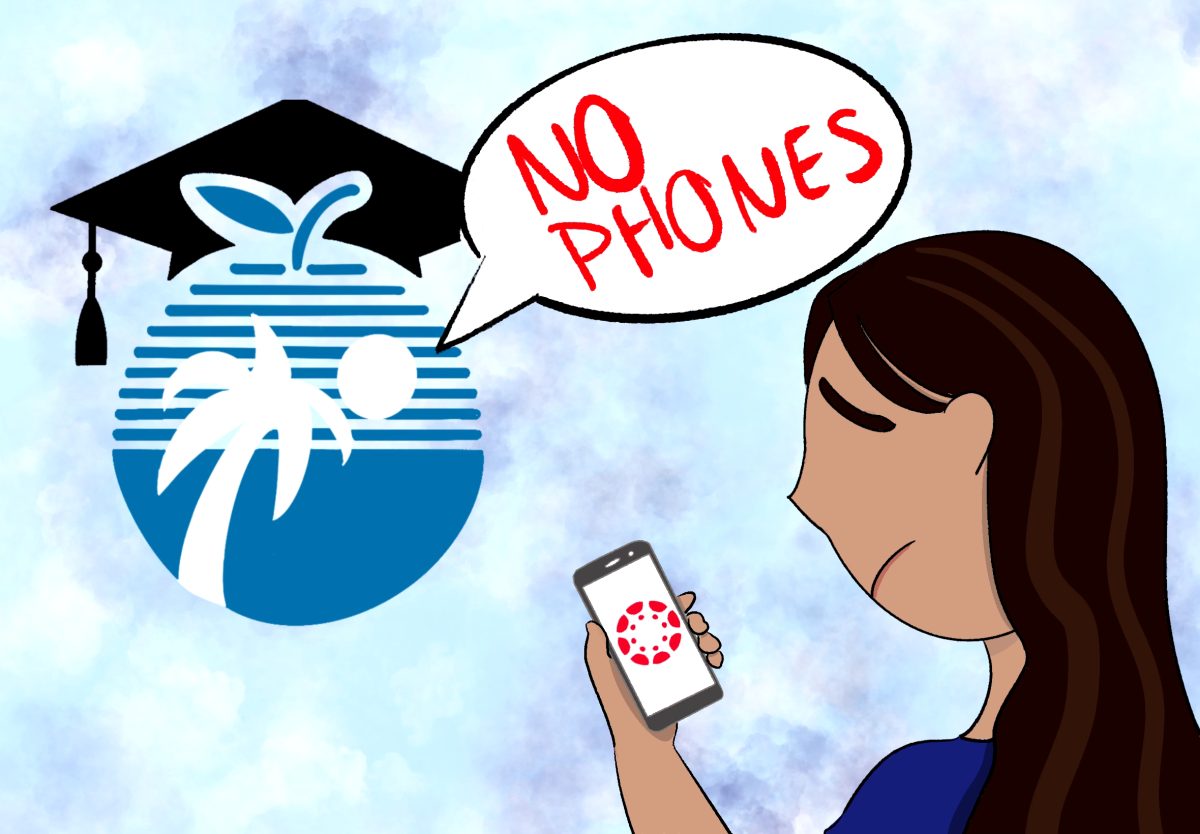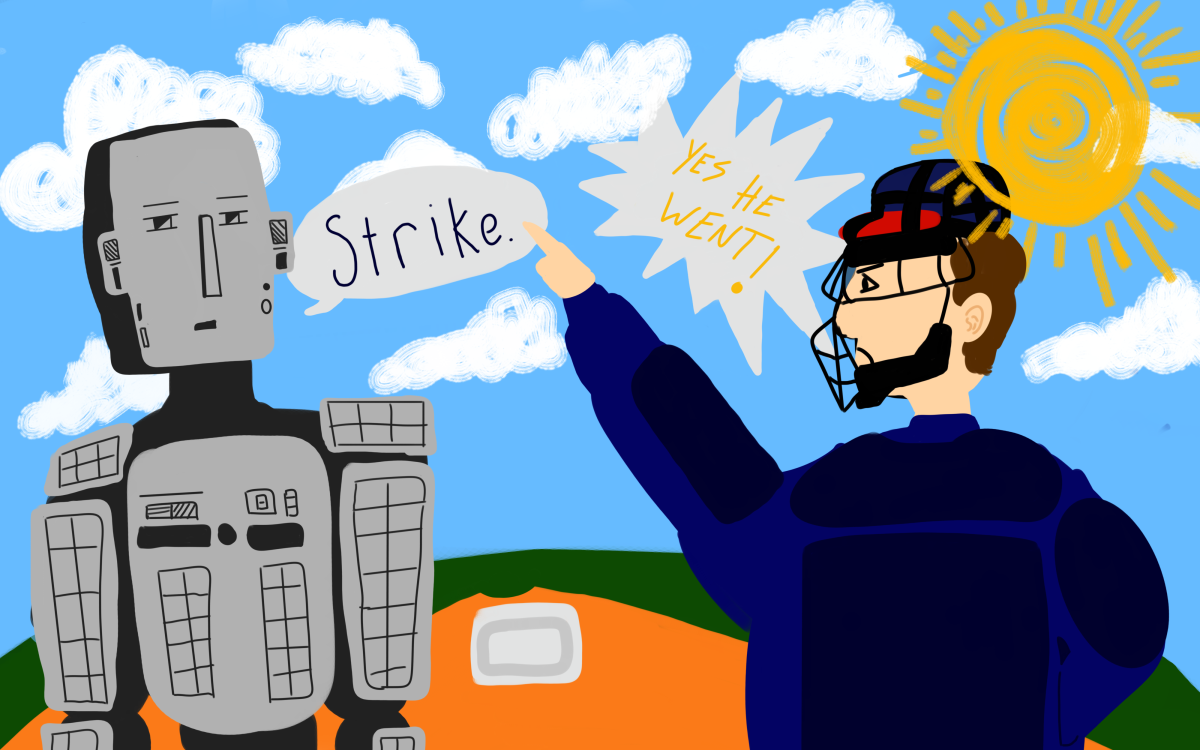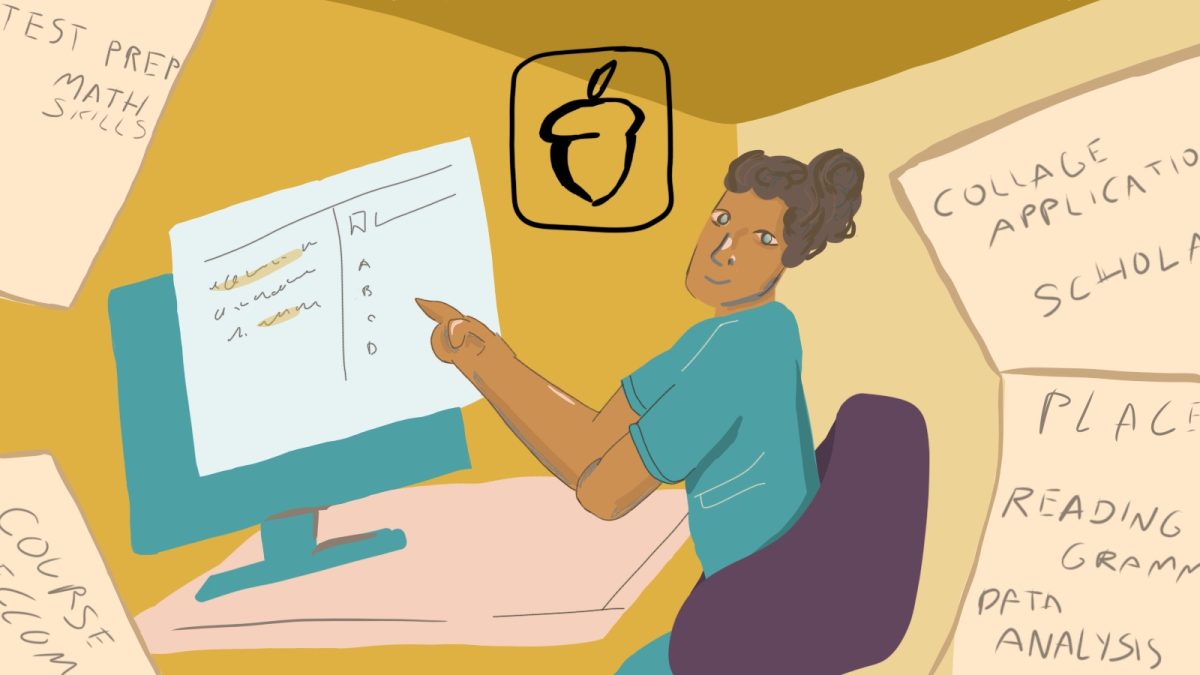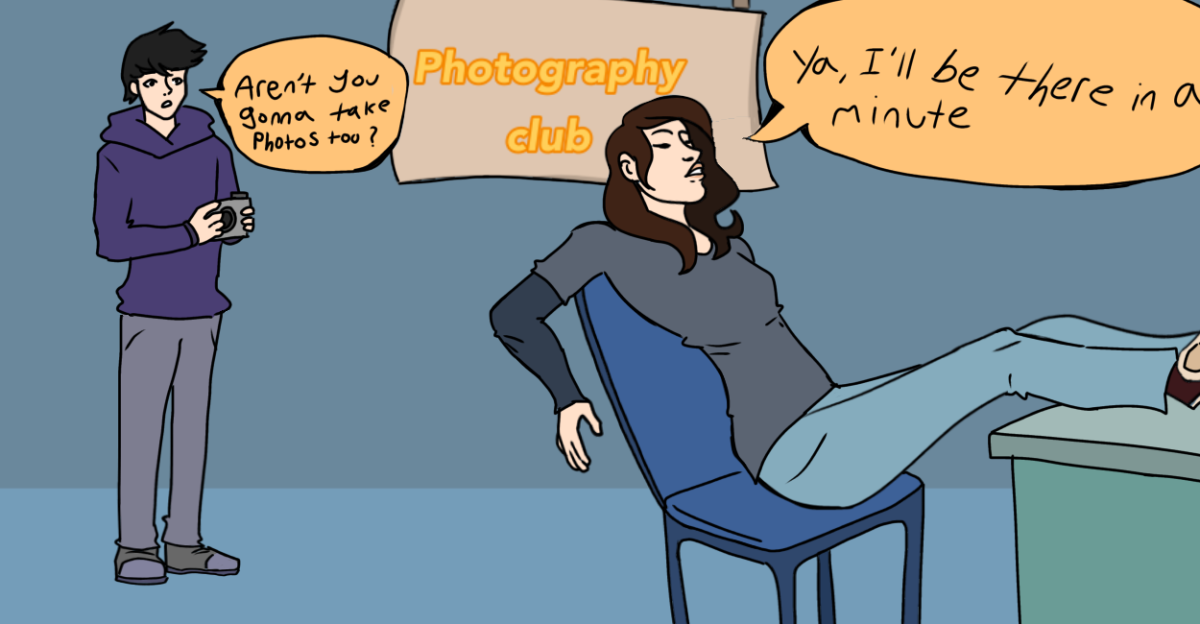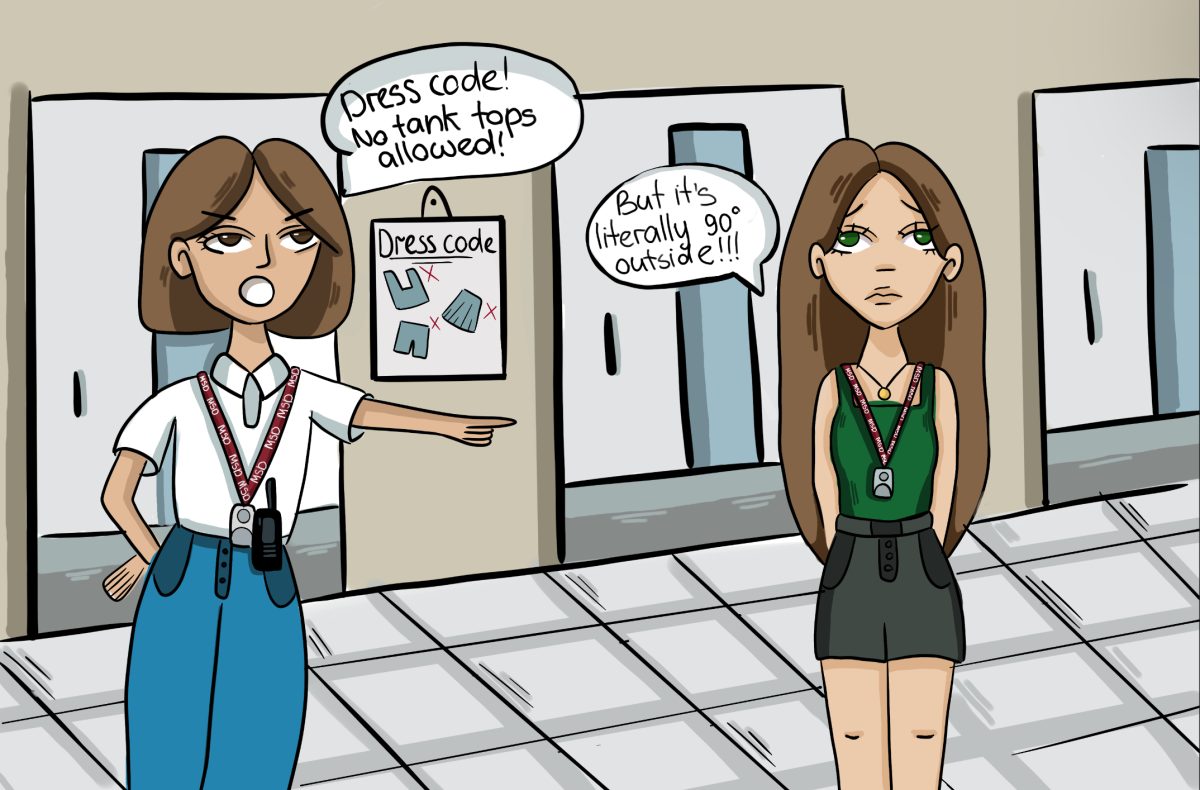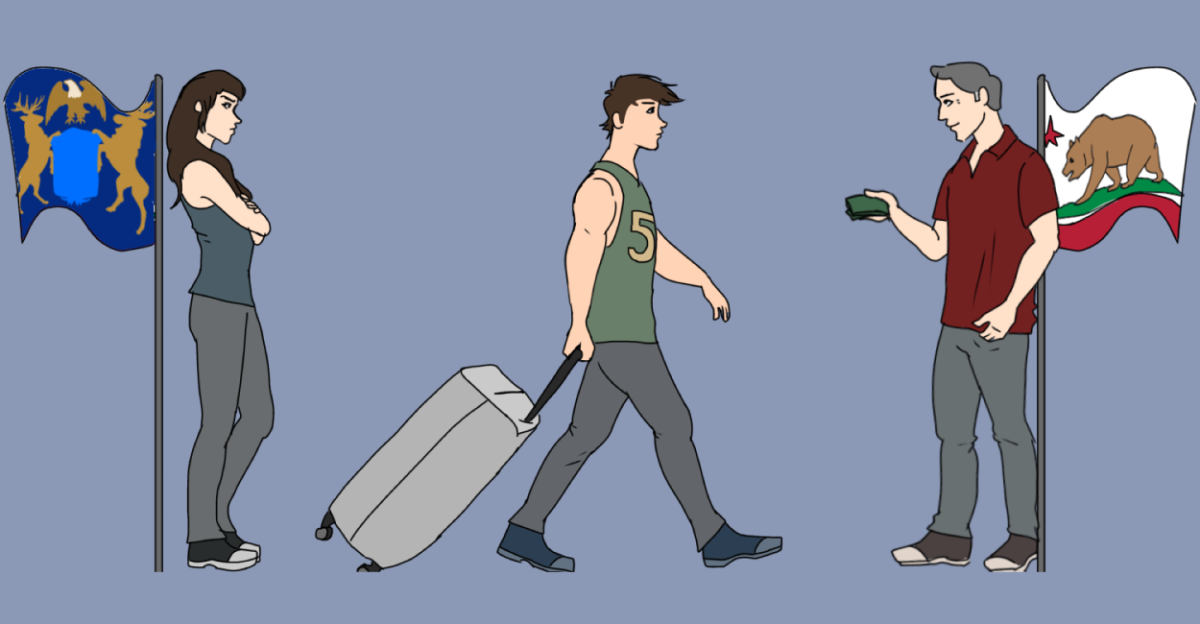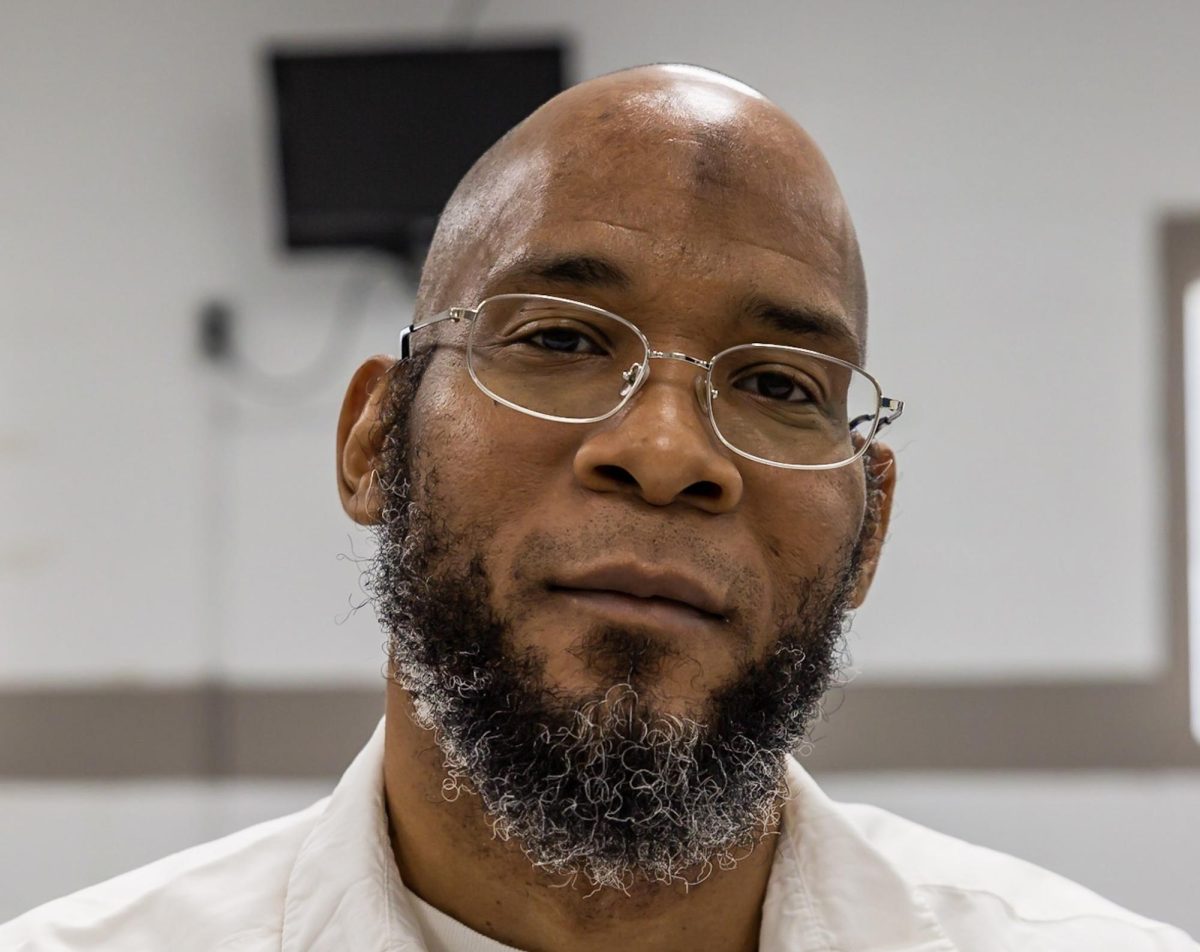Since the mid-1900s, reality television has taken the world by storm by following various people around as they invite millions of people to watch their every move. The exploitation of reality TV has led many contestants to experience trauma through events that took place on the show.
Most of the participants on reality TV shows have said they experience constant pressure from the producers that they must play a certain role. This is most common in competition shows, as producers want contestants to exhibit certain qualities that make them stand out.
For example, on the popular reality TV show ‘Dance Moms,’ dancer Maddie Ziegler was only seven years old when she expressed that she was forced to act like a perfectionist by producers. She was constantly forced to say she was the best on the show; therefore, she was put in a negative light by the audience because of her attitude. Ziegler also reported that she was separated from her mom while the producers of the show instructed her on how to act.
Aside from making characters out of real people, producers manipulate situations to make them appear worse than they are. For example, on ‘Dance Moms,’ a dancer fell during a dance competition and producers edited the scene to make it seem that she was severely injured. In reality, she got back up and kept dancing.
According to a study by CivicScience, about 52% of Americans watch at least one hour of reality TV a week. With more than half of America watching these shows, from cooking to family shows, there is a constant pressure for the young stars to be perfect. If they fail to rise to the occasion, they are criticized by the public.
Self-esteem and self-image can also be tarnished by starring on reality TV at a young age. On X-Factor, 13-year-old singer Rachel Crow was fawned on by judges comments on how great her singing was. Eventually, when they announced she was voted off, she collapsed to the ground in tears and started to scream for her mom. The video of the situation was also immediately put all over social media for millions to see, which humiliated her even more.
Fans of the show expressed how her handling of the situation was not right and proved she was too young for the show. With more time to develop skill and maturity, Crow could have succeeded.
Some may say that reality TV helps launch careers for many young kids. Kendall and Kylie Jenner, the youngest stars of the widely popular show “Keeping Up with the Kardashians,” were put into a world of modeling and makeup. Without fame from the show, the young stars would have never been able to get the opportunities to become as famous as they are.
Yet, a new form of family reality entertainment has taken over, and it has the same negative effects as televised reality TV. Social media apps such as Instagram, TikTok and YouTube have also influenced childhood trauma. Families of influencers on these platforms, such as the Labrant and Hermansyah families, make videos of their daily activities. While they may seem like wholesome entertainers, their children are exposed to the world too early.
Just like the public media with reality TV, people expect the children in these videos to be certain characters. Kids may not like having a camera follow them around all day and may want privacy.
Instead of ignoring the growing problem of children on reality TV, there are ways to stop the problem. Protecting children should be at the top of the priority list, especially in the age of social media. With reality TV growing more popular every day, children should not be allowed to compete on these types of shows or be exposed on social media.

